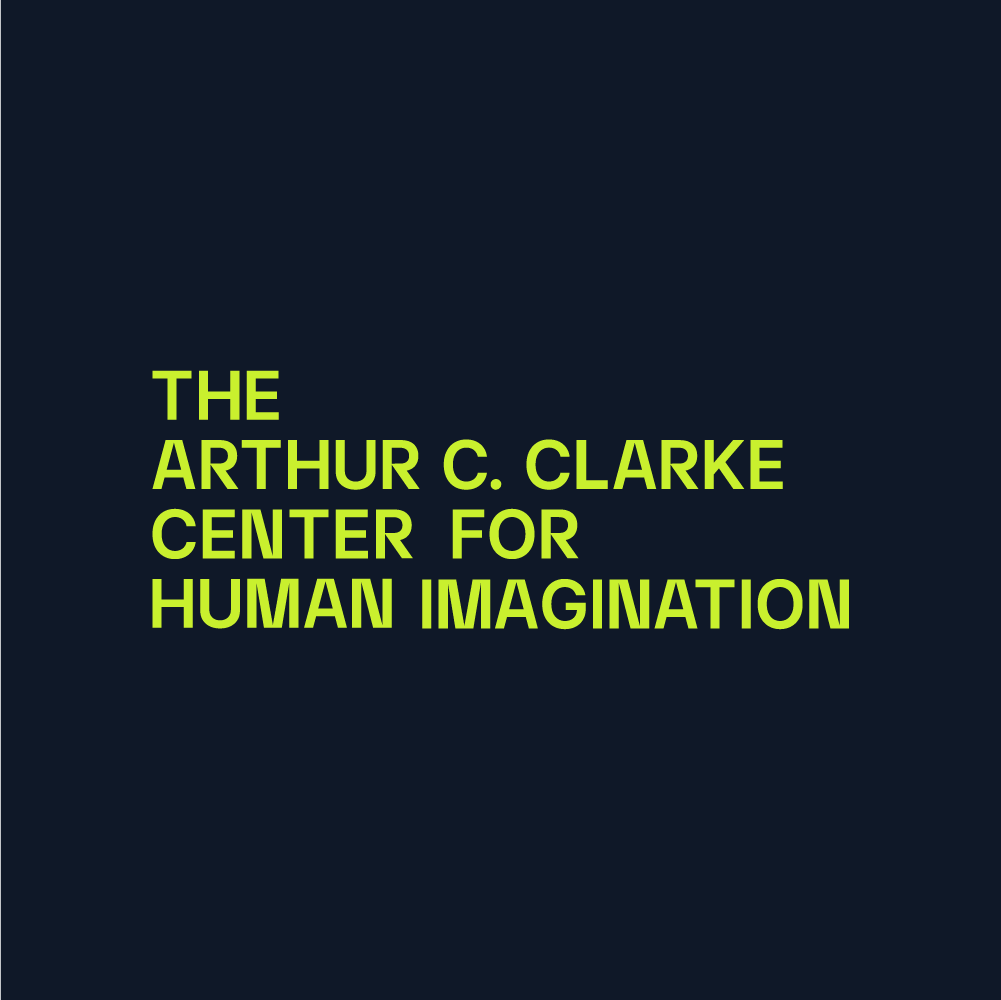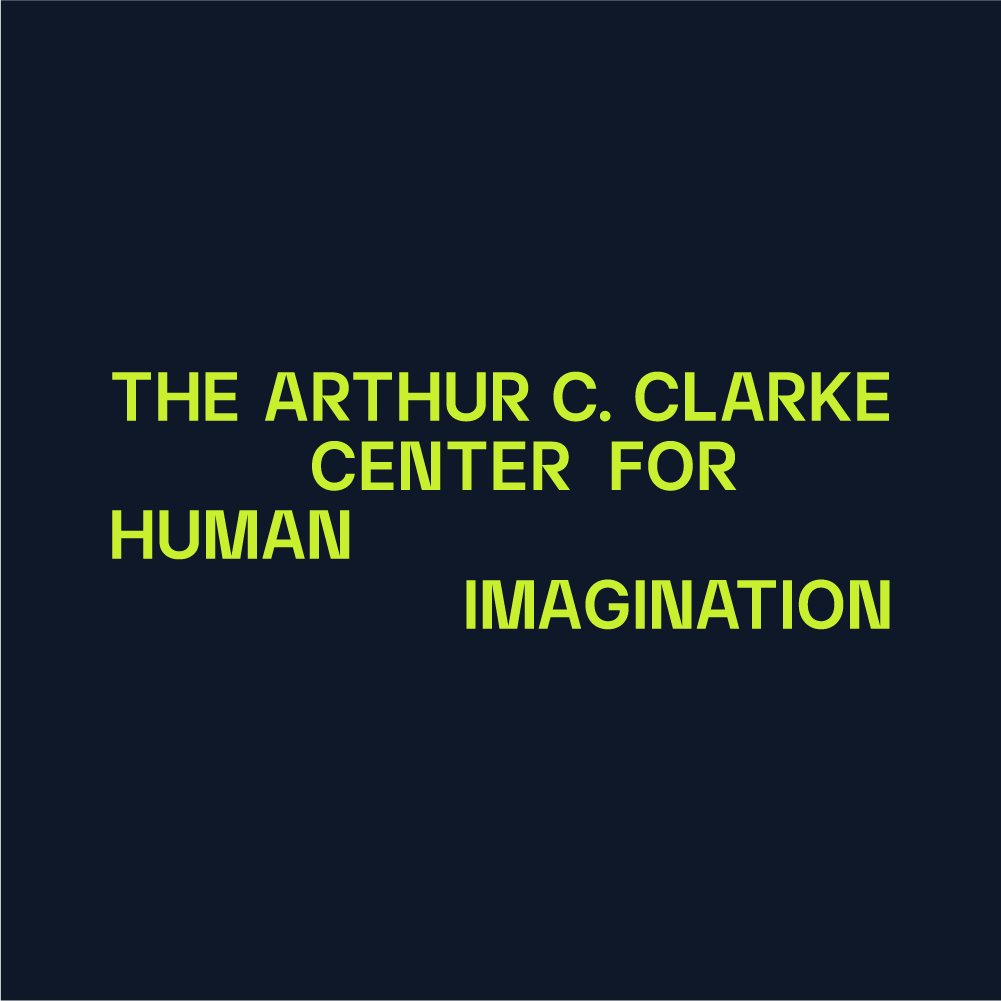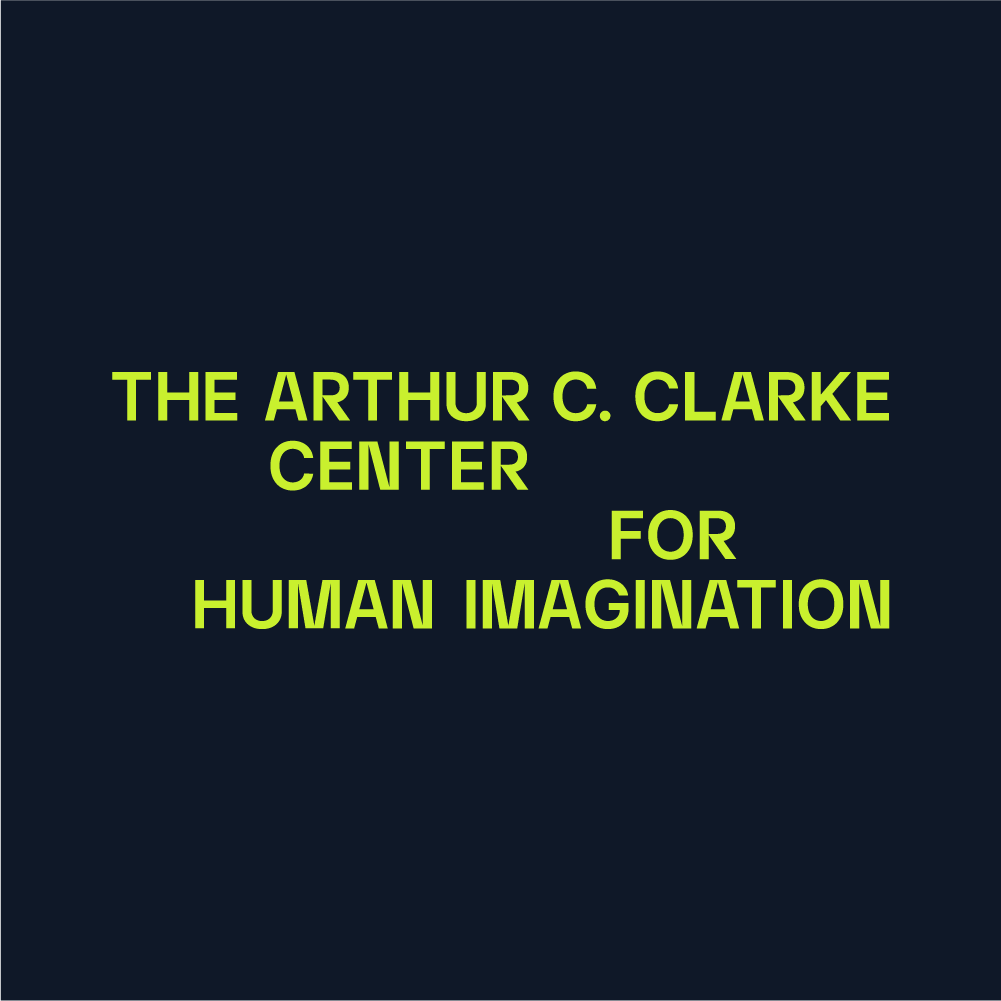
Imagine Otherwise
Featuring Stephen T. Asma (philosopher, author of The Evolution of Imagination) in conversation with J. Craig Venter (first person to map the human genome)
October 20, 2023
6pm – 7:30pm
Great Hall, UC San Diego
Light refreshments provided
Free and open to the public
RSVP required; click here
Imagination is touted as a gift for artists or a vital skill for visionary thinkers and scientists. But what do we mean by the term “imagination,” and what has science revealed about the diversity of ways it shows itself in human minds?
In a conversation between Stephen T. Asma, philosopher and author of The Evolution of Imagination, and pioneering genetic scientist J. Craig Venter (who experiences aphantasia—that is, he does not possess the capacity to imagine mental images), Erik Viirre and Cassandra Vieten will explore the history of our understanding of imagination, how science has attempted to advance our understanding of it, and what is at stake for the future of imagination studies and the pathways it may open to advancing the imagination’s power for transformative change.
This event will take place at the Great Hall at UC San Diego. Light refreshments will be provided. We ask that guests RSVP here.
The nearest parking is the Pangea Parking Structure, where UCSD permits are accepted and visitor parking can be purchased by the hour.
About the Speakers
Stephen T. Asma is the author of ten books, including Why We Need Religion (Oxford Univ. Press, 2018), The Emotional Mind: Affective Roots of Culture and Cognition (with Dr. Rami Gabriel, Harvard Univ. Press, April 2019), The Evolution of Imagination (Univ. of Chicago, 2017), On Monsters: an Unnatural History of Our Worst Fears (Oxford Univ. Press, 2009) and The Gods Drink Whiskey (HarperOne, 2005). He writes regularly for the New York Times, the Chronicle of Higher Education, and Aeon magazine.
In 2014, he was a Fulbright scholar at Beijing Foreign Studies University, PRC. In 2003, he was Visiting Professor at the Buddhist Institute in Phnom Penh, Kingdom of Cambodia, and in 2007 he lived and studied in Shanghai China. Asma has been an invited lecturer at Harvard, Oxford, Brown University, the Field Museum, University of Chicago, the University of Amsterdam, the Smithsonian National Museum of Natural History, Fudan University (Shanghai), Xi’an Jiaotong University, Aarhus University Denmark, University of Macau, School of the Art Institute of Chicago, and many more. In 2018, Asma was awarded a three-year Henry Luce Foundation grant, The Public Theologies of Technology and Presence program. He is studying friendship in the digital age. Stephen Asma was a professional musician in Chicago for many years, playing with such legends as Bo Diddley and Buddy Guy.
J. Craig Venter, PhD, is regarded as one of the leading scientists of the 21st century for his numerous invaluable contributions to genomic research. Dr. Venter is founder, chairman, and CEO of the J. Craig Venter Institute (JCVI), a not-for-profit, research organization with approximately 120 scientists and staff dedicated to human, microbial, synthetic, and environmental genomic research, and the exploration of social and ethical issues in genomics.
Dr. Venter began his formal education after a tour of duty as a Navy Corpsman in Vietnam from 1967 to 1968. After earning both a Bachelor of Science in biochemistry and a PhD in physiology and pharmacology from the University of California at San Diego, he was appointed professor at the State University of New York at Buffalo and the Roswell Park Cancer Institute. In 1984, he moved to the National Institutes of Health campus where he developed expressed sequence tags or ESTs, a revolutionary new strategy for rapid gene discovery.
In 1992, Dr. Venter founded The Institute for Genomic Research (TIGR, now part of JCVI), a not-for-profit research institute, where in 1995 he and his team decoded the genome of the first free-living organism, the bacterium Haemophilus influenzae, using the new whole genome shotgun technique.
In 1998, Dr. Venter founded Celera Genomics to sequence the human genome using new tools and techniques he and his team developed. This research culminated with the February 2001 publication of the human genome in the journal, Science. He and his team at Celera also sequenced the fruit fly, mouse, and rat genomes.
Dr. Venter and his team at JCVI continue to blaze new trails in genomics. They have sequenced and analyzed hundreds of genomes, and have published numerous important papers covering such areas as environmental genomics, the first complete diploid human genome, and the groundbreaking advance in constructing the first self-replicating bacterial cell using synthetic DNA.
Dr. Venter is one of the most frequently cited scientists, and the author of more than 280 research articles. He is also the recipient of numerous honorary degrees, public honors, and scientific awards, including the 2008 United States National Medal of Science, the 2002 Gairdner Foundation International Award, the 2001 Paul Ehrlich and Ludwig Darmstaedter Prize, and the King Faisal International Award for Science. Dr. Venter is a member of numerous prestigious scientific organizations including the National Academy of Sciences, the National Academy of Medicine, the American Academy of Arts and Sciences, and the American Society for Microbiology.
Dr. Venter is also a serial entrepreneur who has co-founded several companies including Synthetic Genomics, Inc., now Viridos and Human Longevity, Inc. (HLI).
Erik Viirre, M.D. Ph.D, is a Professor at the University of California, San Diego (UCSD) in the Department of Neurosciences. Working in the UCSD Health System since 1997, he treats people with vertigo, balance problems and tinnitus. Dr. Viirre’s scientific interests include vision, hearing and the vestibular system and higher cognitive function where he is extensively published and cited in the scientific literature with numerous papers, textbook chapters and patents. He has made presentations around the world to universities, corporations and government agencies. Dr. Viirre has carried out work in a broad range of areas including neurophysiology, military medicine, human space flight, laser technology and neuroethics. Since 2019, Dr. Viirre has been the Director of the Arthur C Clarke Center for Human Imagination, a center dedicated to the Neuroscience of Imagination, and themes of Cosmology, Science Fiction and the future of Humankind. He had the privilege of meeting Sir Arthur in Sri Lanka in 2002. At the Clarke Center, Dr. Viirre directs Human Neuroscience research and has been the co-PI and PI on microgravity space projects bringing stem cell neurons in autonomous bioreactors to the International Space Station on SpaceX flights. Dr. Viirre has had research funding from and served as a consultant for: the National Institutes of Health, the United States Navy, DARPA, NASA, the National Academies of Science and other agencies. He has been a leading participant in a variety of start-up companies, including Zero G Corporation, 3E Corporation, Otosound and Cen Inc. As Chief Medical Officer of Zero G, Dr. Viirre led the medical team that explored gravity fields with Stephen Hawking.
Cassandra Vieten, PhD is a professor, licensed clinical psychologist, mind-body medicine researcher, author, consultant, and internationally recognized workshop leader and public speaker. Her current research projects focus on establishing training guidelines for spiritual and religious competencies for mental health professionals; developing and delivering wellness programs for law enforcement agencies, officers and professional staff; developing virtual reality tools and experiences designed to induce perspective shifts that change people’s worldviews; investigating the nature and potentials of imagination: and studying the therapeutic potential of psychedelics.
Cassi is a Clinical Professor in the Department of Family Medicine’s Centers for Integrative Health at the University of California, San Diego, where she serves as the Director of the Center for Mindfulness. The CFM is one of the leading mindfulness centers in the country, offering courses in mindfulness to the general public, conducting research on mindfulness-based interventions (MBIs), incubating new MBIs for special populations and settings, and training and certifying professional mindfulness teachers.
She is also Director of Research at the Arthur C. Clarke Center for Human Imagination at UC San Diego. The Clarke Center advances understanding of the phenomenon of imagination and its practical applications. We research, enhance, and enact the gift of human imagination by bringing together the inventive power of science and technology, with the critical analysis of the humanities, and the expressive insight of the arts. And, we work to develop more effective ways of using imagination to cultivate public engagement with the big questions of our time, to improve education and learning, and to enhance the application of imagination in meeting humanity’s challenges.
Cassi is also co-founder and Clinical Psychology Director at the Psychedelics and Health Research Initiative at UCSD, where a flagship study focuses on psilocybin for phantom limb pain in patients with amputations.
She is Senior Advisor at the John W. Brick Mental Health Foundation, where she served as Executive Director from 2019-2023. Founded by Victor and Lynne Brick, in honor of Victor’s brother John who suffered from schizophrenia, the JWB Foundation funds and promotes empirical research on fitness, nutrition, and mind-body approaches to foster mental health, and to better prevent and treat mental illness.
Cassi is a Senior Fellow at the Institute of Noetic Sciences (IONS), founded by Apollo 14 Astronaut Edgar Mitchell, where she worked for 18 years. She served as CEO/President from 2013-2016 and President from 2016-2019. The mission of IONS is revealing the interconnected nature of reality through scientific exploration and personal discovery, creating a more just and thriving world. In addition to her contributions to the overall mission, vision, strategic direction, financial health, board and staff development, and activities of the organization, she headed up several initiatives including Mindful Motherhood, Living Deeply and the Transformation Project, and the Future of Meditation Research Project.
She is co-chair of the Board of Directors of Partners for Youth Empowerment, Vice-Chair of the Board of Directors of the Consciousness and Healing Initiative, and serves on the Board of the Virtual World Society.









